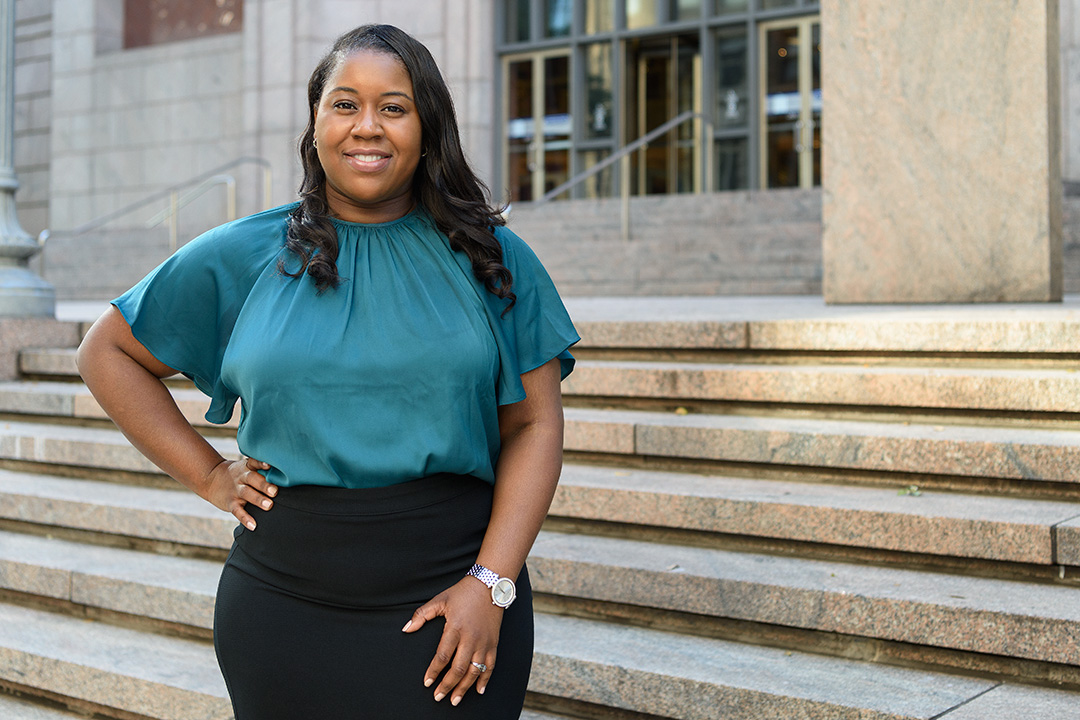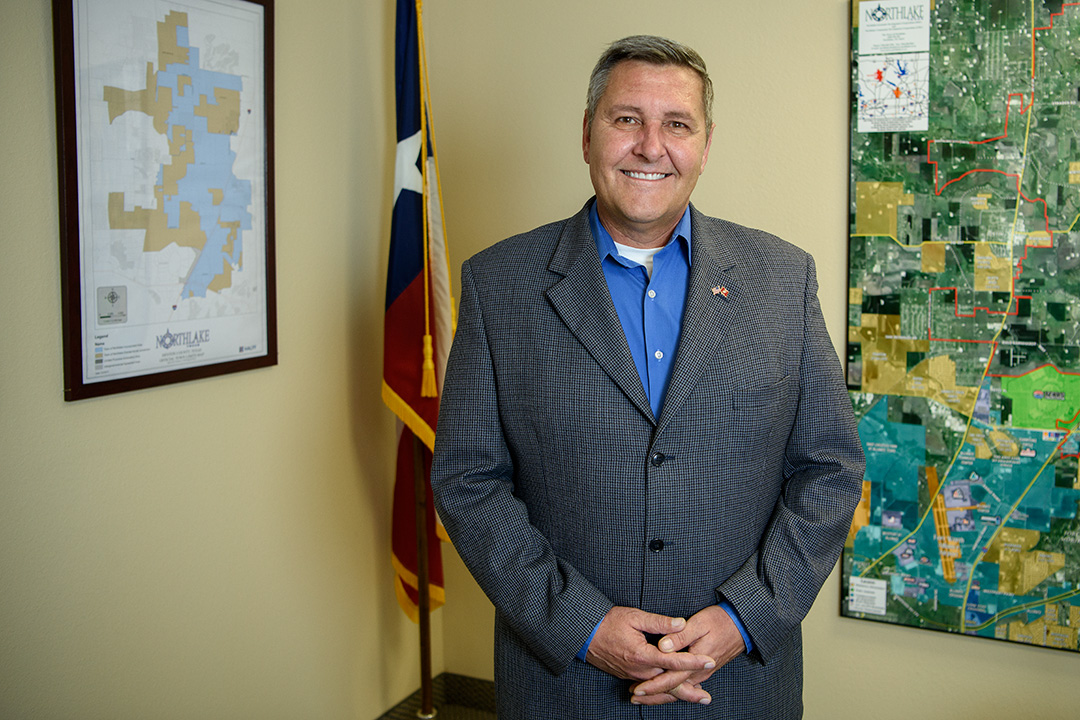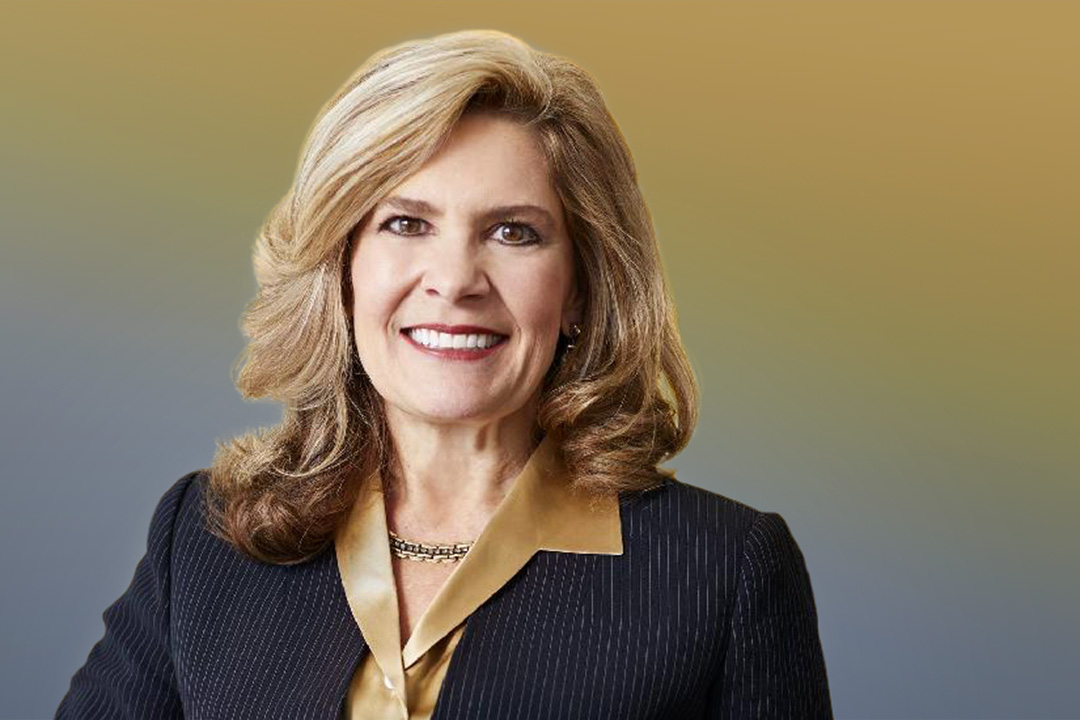He had an associate degree in graphic design from Arapahoe Community College in Colorado, but he couldn't land a job that paid more than $8 an hour in 2009's tough economy. The single dad wanted something more for himself and his young son, Seth. So he and UNT counselor Trey Anderson collaborated to figure out a plan.
Maynard would work toward a Bachelor of Applied Arts and Sciences degree, a program aimed at nontraditional students who have about 45 or more hours of previous college credits. Advising counselors work with students to find classes at convenient times, and students focus on three areas of concentration that will build on their interests and make them more attractive to potential employers.
In Maynard's case, the areas were construction management, emergency planning and criminal justice. For six years, he attended one night class each semester at UNT while working full time. He now works as a crude oil logistics scheduler for Bridger Logistics in Plano.
"The journey was long," he says. "It was tedious. I did have some frustrating times when I wanted to quit, but I stuck it out."
The program -- which was established in the 1970s and is now part of the New College, UNT's newest college -- often attracts military veterans and individuals trying to obtain better jobs like Maynard.
"Our goal is to take students and figure out how the academic experiences they've had can be used toward getting a bachelor's degree," says Peggy Shadduck, faculty director of the applied arts and sciences program.


